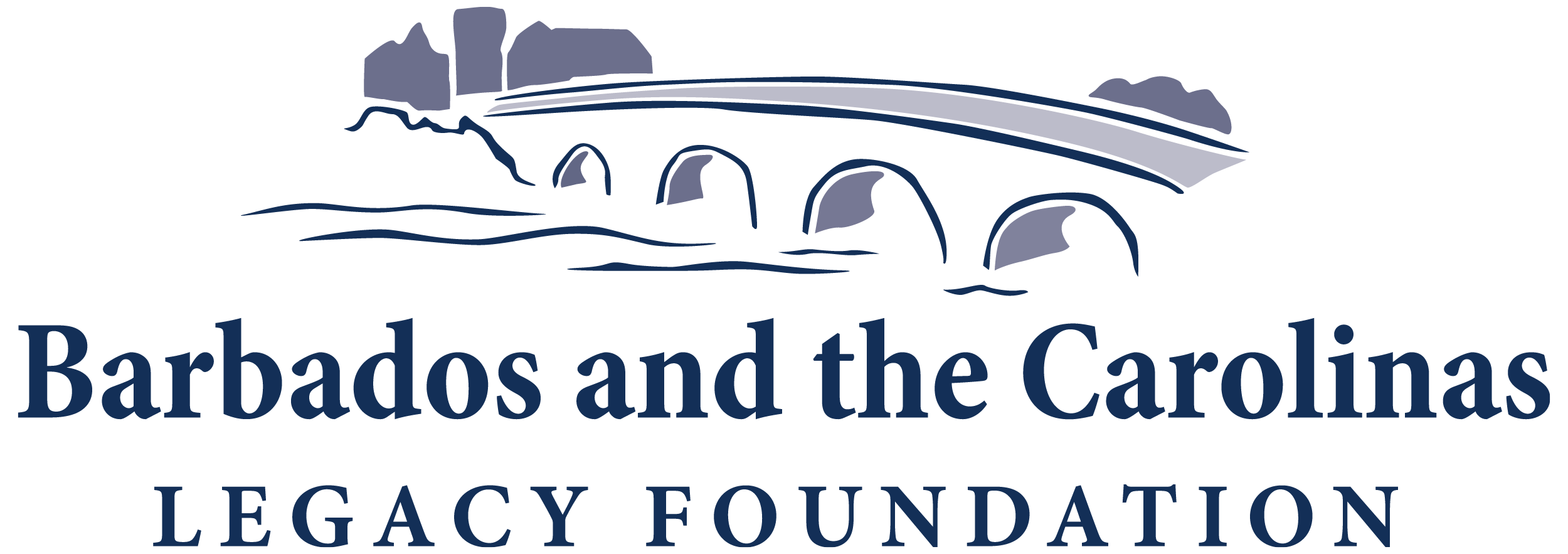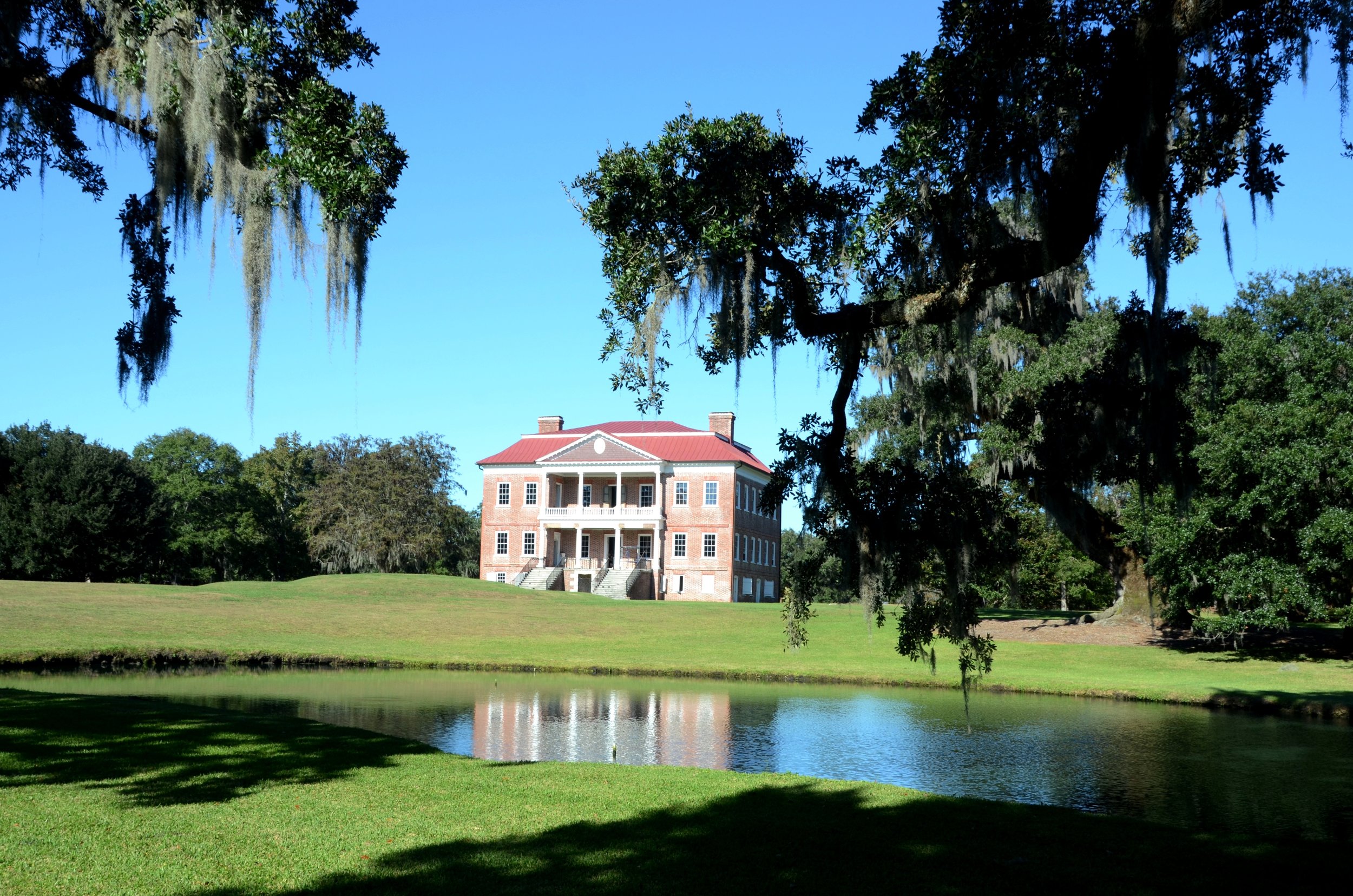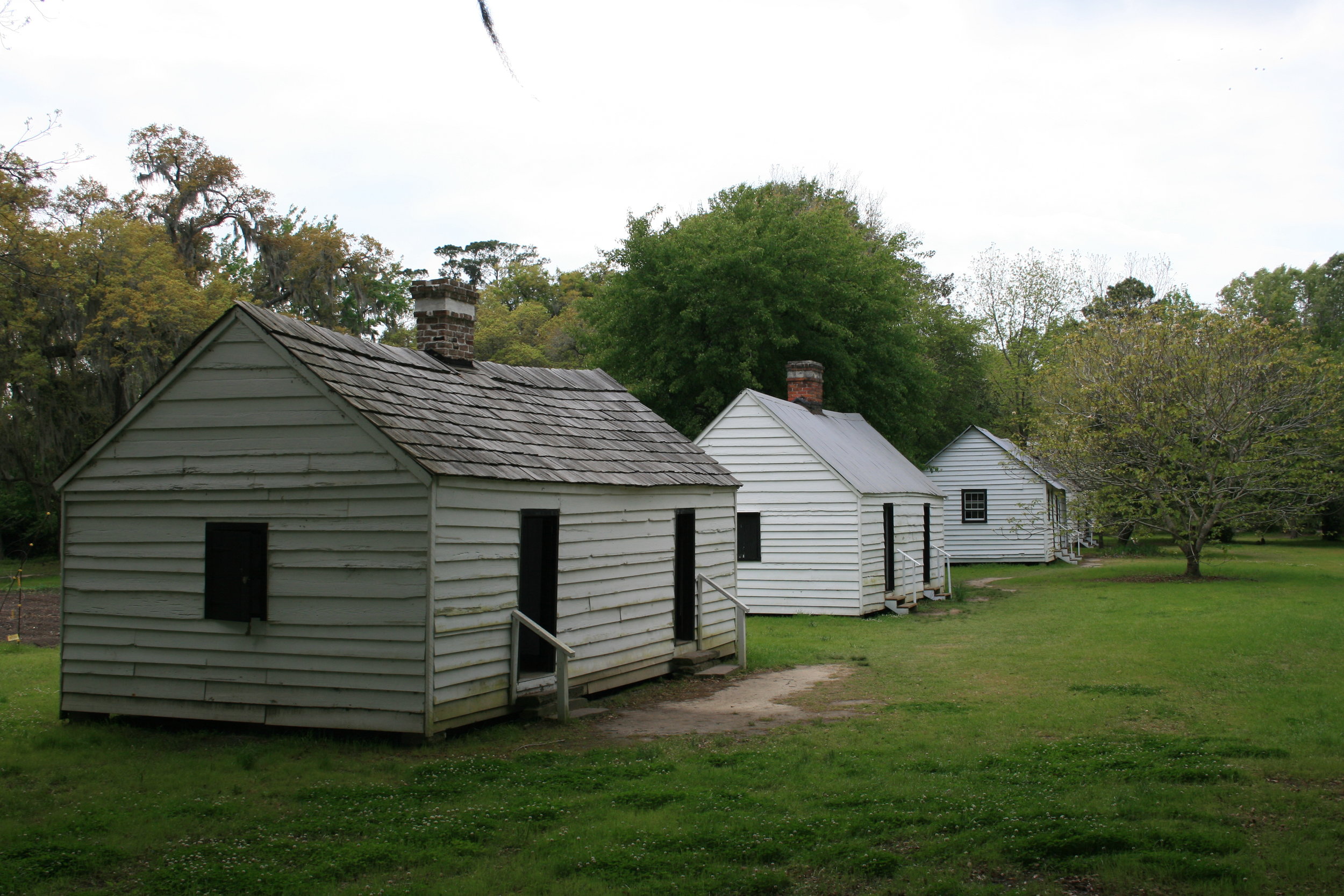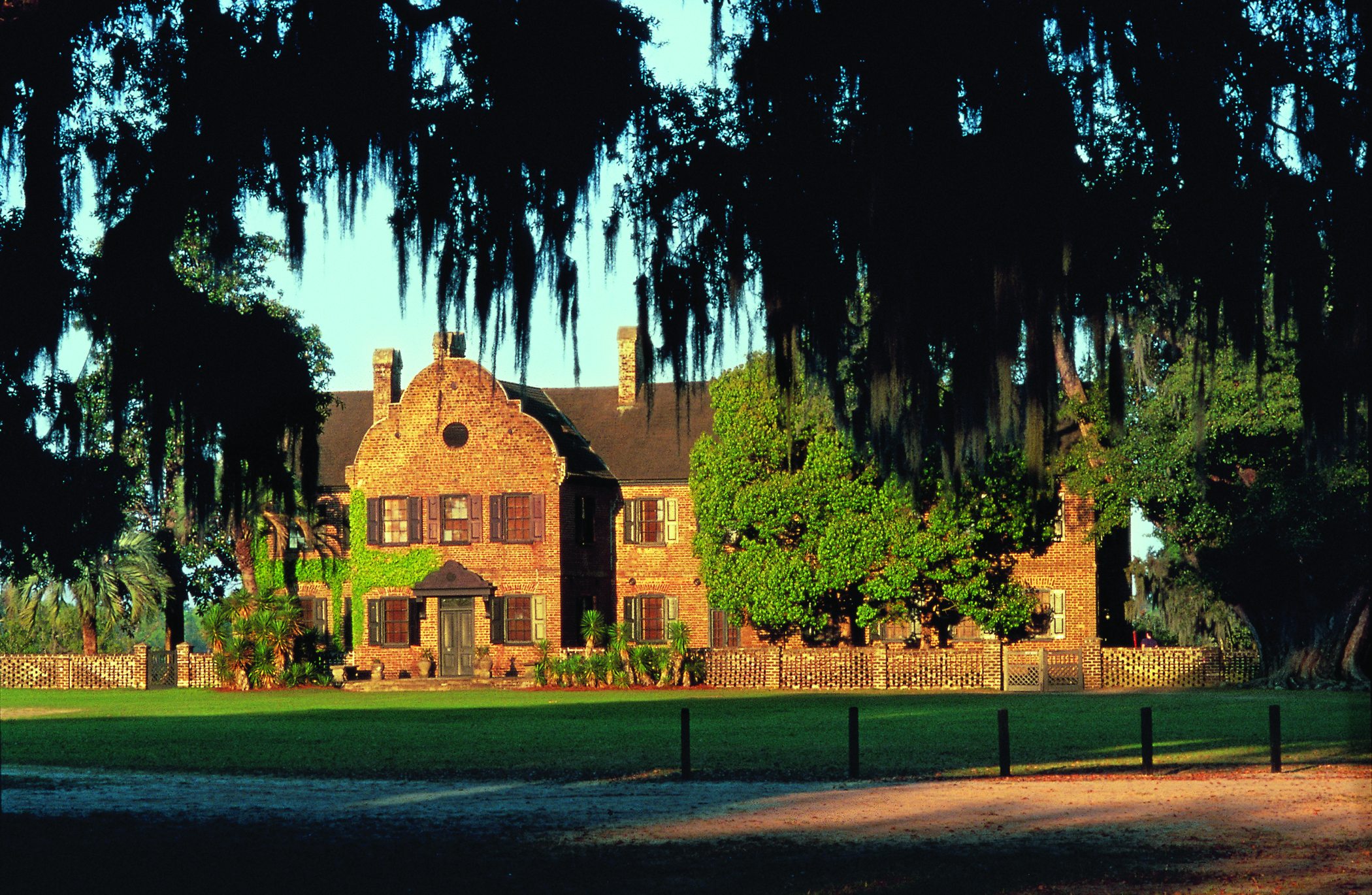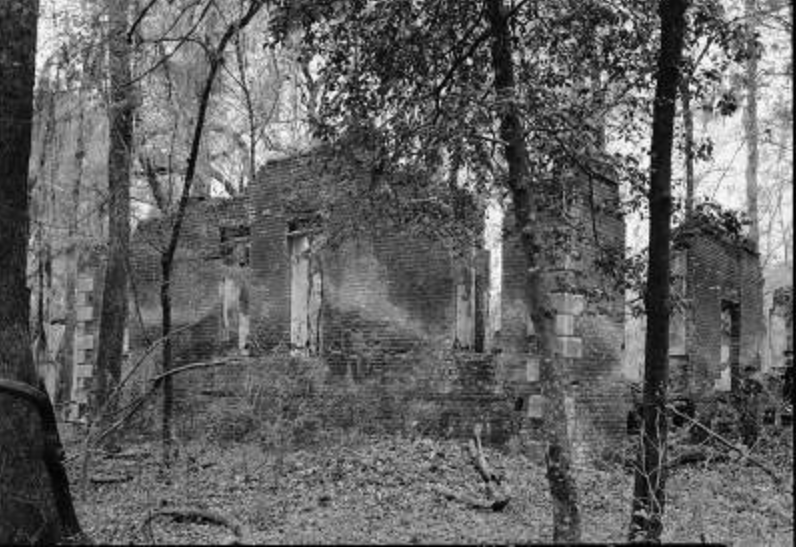Where History and Genealogy Intersect
Posted by Rhoda Green
At the launching of our website I invited you to join me on a virtual journey from the Barbados shores to the Carolina coast. So far we’ve crossed the bridge that separates the present from the past, and we’ve picked up some historical nuggets along the way. At times it may seem as if we’re going around in circles – we’re not. Like eager little ones on an expedition along a sea shore, I’m looking for nothing in particular but anything – everything that catches my eyes – my interest. I follow historical footprints along the sands of time. It could be in Barbados – it could be on any island along the Carolina coast. I’m not pressed for time… I’ll come across something that looks telling! Exciting! It may even be something hidden in plain view. This time I’m at the intersection of history and genealogy.
How did I get here? This intersection on this terrain seems treacherous. I’m overcome by a sense of curiosity and wonderment. I hope I can find some answers to some hard and lingering questions about the past. Yes, history speaks to the past: to dates and events – to a period gone – a country – a people – how their lives impacted their space and set in motion trends that will influence generations yet to emerge on the horizon of now and then – the present and the future. Here one is able to recall information recorded of bygone eras. With this information and insight provided by those who have analyzed and synthesized historical data, I feel confident I’m informed. Plantations and historic houses, churches and cemeteries….these tangible monuments and memorials evoke images of a time past. There are Drayton Hall, Magnolia Plantation and Middleton Place. These plantations are well-known nationally and internationally. Then there are the lesser known plantations such as Medway Plantation, Crowfield Plantation and The Oaks. I’ve read about their physical layout with their out buildings, Negro Houses and slave quarters, where they were situated in relationship to the main house. There are the gardens and pastures…. I let my imagination tour the places ancestors occupied and traversed. I conjure up images of a day in the life of an enslaved, an overseer, a master, a mistress…I roam freely, unrestrained. It’s cerebral – impersonal and stimulates the mind.
I quickly sense there’s another compelling and intriguing discovery at this intersection of history and genealogy. Historical
documents tell of plantation owners, merchants, slaves and indentured servants. Here’s where one finds out about one’s ancestors. One becomes aware of one’s family tree – some kinfolk are faceless and nameless, but we know they were here because we are here…in the present. Genealogy is the path that takes us to places near and far. Sometimes our route is circuitous. Frequently we reach dead ends. We’re sometimes frustrated and bewildered, but we continue our trek. I’ve been told it’s an enchanting journey once you get started – something overtakes you and you’re goaded on. Quite often progress leads you to your own “Alice in Wonderland” experience. You discover what you never expected: distorted – unbelievable. Based on present status and circumstance, we sometimes have little to no clue as to our ancestors’ daily existence back then. What confronts us is sometimes exciting – exhilarating. Other times it’s shocking – painful. It’s heartfelt – personal and tugs at the deepest emotions.
I’ve got three encounters to share with you. I will not share names; however, the persons who own the stories are free to identify themselves, if they so desire.
My first encounter is with a well-informed young man. He states his ancestors are from a native Indian tribe from the Carolina/Georgia area. He recalls vividly stories passed down from his grandmother and he can trace his ancestral line several generations back. He has documentation that shows his ancestral ties to this native group. His query to me is about the Barbados Carolina connection. He wants to know about Barbados’ role in transporting native Indians to work on plantations there. He wants to know about the Slave Laws and particularly the Negro Laws of (1793-1863) which mandated how native Indians of a darker hue were to be classified. Then to be deemed other than Negro, one had to prove so in open court. This young man now finds himself defending his claim of being Native American and his tribe designated as a Native tribe. What a place to be…
My second encounter is with a young lady who is also from a Native Indian tribe from around the Goose Creek, SC area. Her family still owns property in the Wassamasaw area. Her group is engaged in an ongoing struggle to be recognized as a legitimate native tribe. Many in this group, because of their darker complexion, have now to prove their authenticity. The history of Barbados and the Carolinas, the Goose Creek men and the influence they wielded looms. The question posed to me is how does Barbados view this shared history? You see Native Indians from this region were also enslaved and transported to Barbados. Based on her family research she knows there is a connection to Barbados.
Finally, my last encounter is with a young lady from California whose family hails from North Carolina. She too is a descendant of a native group which occupied an area purported to be near the failed Cape Fear Settlement – the area that is near to the Lost Colony Project that’s ongoing near Wilmington, NC. Through genealogical research, this family determined that one of its ancestors by the name of Mercer lies buried in St. Michael’s Cemetery in Barbados. She was directed to the Barbados and Carolinas Legacy Foundation’s website while doing research online. She contacted me. Again, I was asked about Barbados’ position and culpability in the transportation of native tribes to Barbados during the colonial period. This group is also seeking recognition as a legitimate native group. The young lady, deeply troubled by her tribe’s ongoing struggle, was moved to tears as she related her story.
As I ponder and attempt to put my thoughts on paper, I’m reminded that it’s not just history – it’s not just genealogy. Individuals’ lives and livelihoods, their hopes and dreams were impacted and impinged upon just like ours today. The past impacts the present. History and genealogy intersect.
